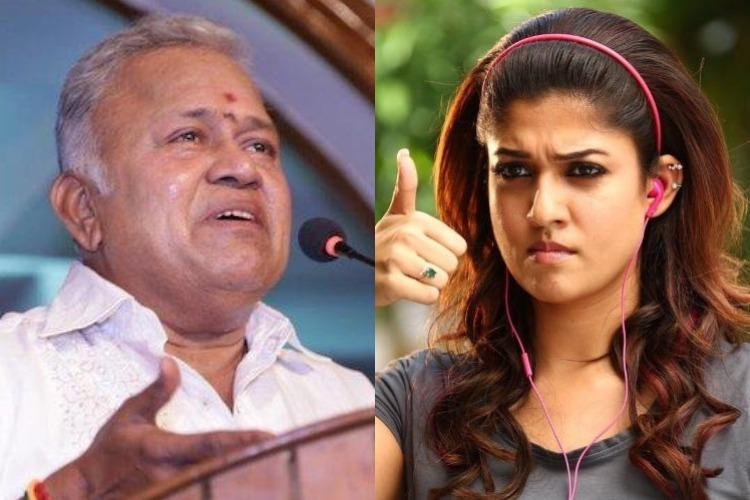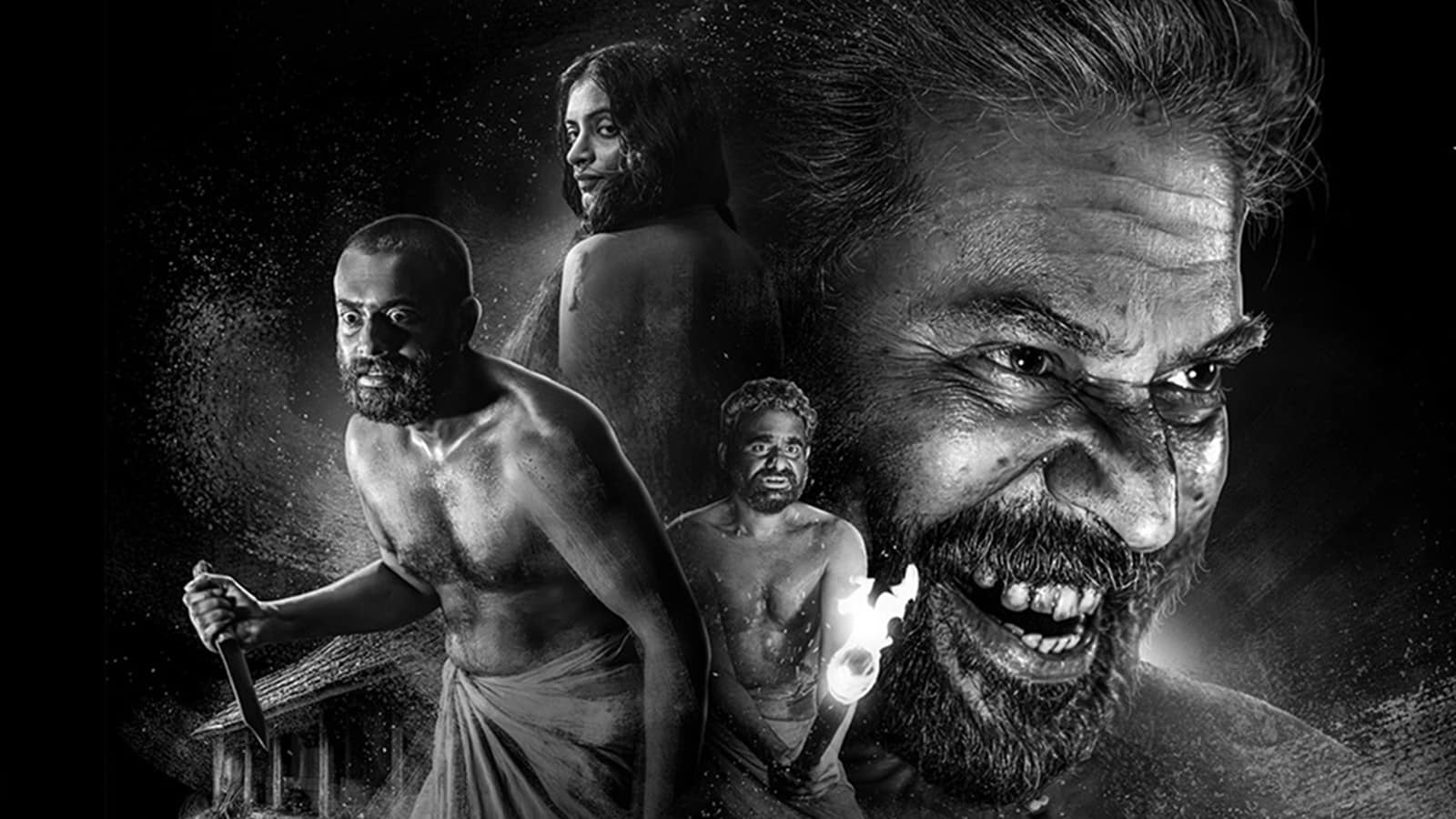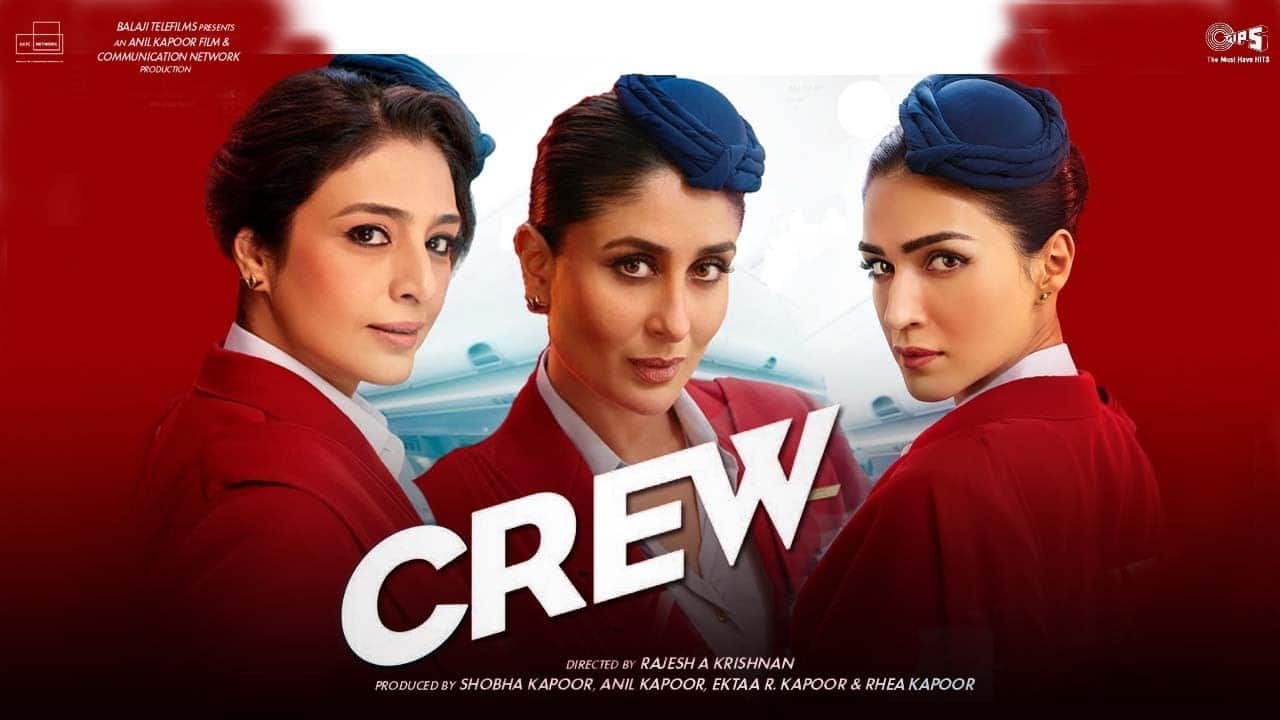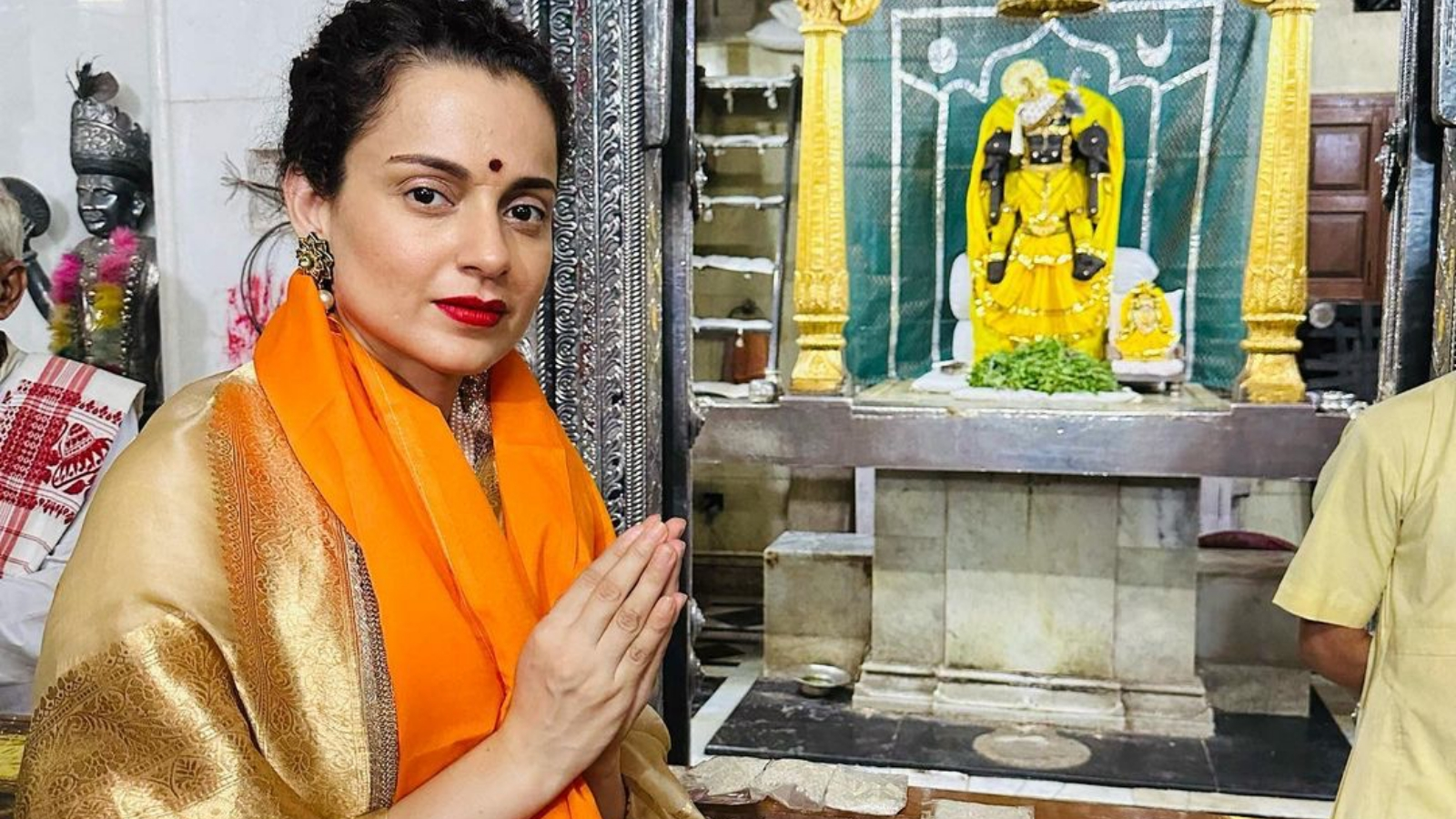#MeToo, that started in Hollywood, dragged out many skeletons, but the issues of gender inequality, sexism have been hitting the Tamil film industry in time-lapses.
Recently, the state outrage machine called out the misogynist comments by actor Radha Ravi at a film event. Targeting actor Nayanthara, he slut-shamed her and his distasteful, sexist comments were applauded by the audience present.
However, dormant for a day, the issue started outrage and gained traction only in the following days. The condemnation of the comments was swift, and the actor was slammed for his statements by one and all. Even, his membership in the DMK (a state political party) was revoked.
The actor Nayanthara, absent during the event, issued a press statement condemning the statements by Radha Ravi. In her press statement, she called out the misogyny of the audience as well, who applauded the comments. Her statement ends as follows:
“Lastly, my humble question to the South Indian Artistes’ Association (Nadigar Sangam):- Will you set up the Internal Complaints Committee as per the hon’ble Supreme Court’s dictum and commence an internal inquiry as per Vishakha Guidelines???”
Sexism is not new to Tamil cinema, the industry has long been an example of stereotyping, misogyny as ‘macho’ (and macho is always a man!). The whistles, that heroes receive when they berate a woman, chastise her or do moral policing explains the embedded ‘chauvinism’ in Tamil audiences. While these stereotypes flourish under ‘creative freedom’, the glorification of ‘male chauvinism’ has become a genre by its own right.
Also read: How Tamil Cinema Normalises And Promotes Rape Culture
Largely the heroine, (the female actor) in a Tamil cinema is a silent witness and usually an accessory to enhance the glorification of the hero. She is well-dressed, she can be educated but she will definitely fall for the ‘professed’ love of the hero. In case, she does not she is usually harassed till she finally succumbs to the hero’s affection. Most movies have this love plot, and usually follow this set-formula. The commercial genre that follows the song, fight, love, sentiment employ women in the same set roles. The bombardment of movies with these typecast female and male characters have created an impression that patriarchy is the safest blanket for women. The tragedy is, women to a large part internalise these archetypes and believe only “a man can protect.”
In a typical Tamil film, sexism is inherent in songs, dance, lyrics (especially the soup songs, imagine a whole genre just for love scorned boys), the dialogues and what not. An audience trained under this sort of media messaging is bound to find misogyny funny.
As with most trends, there are films that breakaway but these performances do not merit enough attention or applause among audiences. Additionally, the economics of film-making dictate the content, value-system movies usually follow. The problem of sexism manifests as violence against women. Harassment, stalking, abuse, often progress to more violent crimes against women.
In a typical Tamil film, sexism is inherent in songs, dance, lyrics (especially the soup songs, imagine a whole genre just for love scorned boys), the dialogues and what not.
The lack of an accountable system to address these grievances explains the complicit nature of film fraternity towards widespread sexism. Even the present association (Nadigar Sangam) that totals 29 members (executive and managing committee) has only six women representatives (with no female representatives in the managing committee). This dismal lack of representation is bound to affect the decisions towards the women who are part of the film industry.

The industry has always been familiar with Radha Ravi’s sexist comments onstage. Its not the first time the actor has courted controversy, but definitely the first time he has been called out for his misogyny. It is a sad fact that even his rape jokes did not trigger an immediate outrage. This is indicative of the larger issue of misogyny in Tamil culture.
The derogatory comments of men have always been seen as light-hearted, even though they carry distasteful, sexist connotations. There is always a section that defend these comments and ask women to have a thick skin, towards this so-called ‘satire’. This issue is reminiscent of the incident last year, when actor Dhanishka was trolled onstage by T.R Rajendar for forgetting to mention his name. He bullied the actor, in front of the male-crew who sat by and watched. As with every action this was also followed by outrage and eventually died out.
In the age of social media, there is incessant support for the actor Nayanthara or Dhanishka but a lack of meaningful solutions towards this problem. When it becomes okay to bully a person, with a cheering audience, the audacity of the sexism would make any workplace a toxic environment.
The repeated outrage pattern that follows these issues need to be replaced by a coherent plan to tackle sexism. Mere opinions and statements without any commitment towards the issues will not affect change.
Also read: #ViolenceOfSilence: Chennai Protests The Murder of Rajalakshmi, A Dalit Girl From Salem
Cinema, especially the Tamil film industry has had a lot of impact on social issues. The hero-worshippers of Tamil cinema have in the recent years started to accept strong female characters onscreen. While the dream girl (கனவுக்கன்னி) is yet to be shattered the title of ‘lady superstar’ in reference to actor Nayanthara is definitely a positive phenomenon. Many female actors have donned a variety of roles that stray away from conservative stereotypes and have gained popularity among audiences. Women make an integral part of the association, and need to act as active catalyst for change in rooting out sexism within the film fraternity. The tides of globalisation have ushered many changes towards technical excellence in film-making and its high-time, changes start in tackling this notion of ‘accepted’ patriarchy in the film fraternity as well.
Featured Image Source: The News Minute




